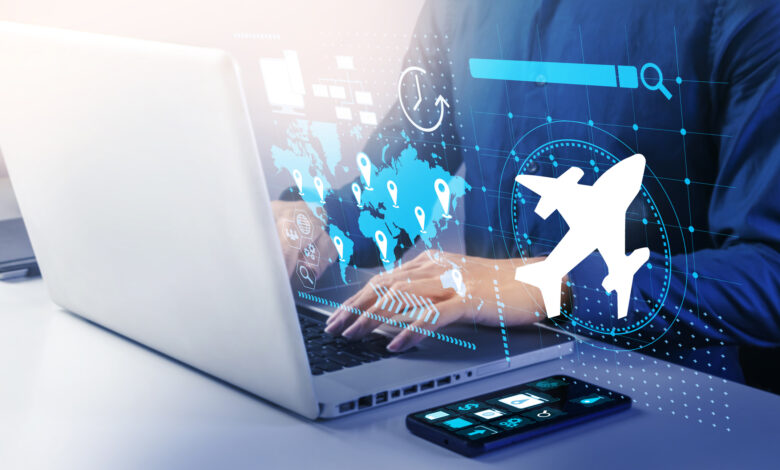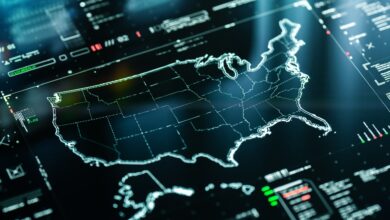CISA: Travel cybersecurity tips – Panda Security

Summer is knocking on the door, and hundreds of millions of Americans are expected to hit the road in search of good times. A recent study conducted by The Vacationer confirmed that more than 212 million adults plan to travel this summer season. The Transportation Security Administration (TSA) also shared its prediction that it expects the busiest summer travel season ever. The government agency expects extremely high passenger volumes at airport security checkpoints nationwide during the upcoming travel season.
While traveling can be fun and help folks build life-long memories. Unpreparedness can result in the wrong type of everlasting memories. CISA’s travel cyber security tips are helpful for anyone who is part of the expected 212 million people planning to vacation during the northern hemisphere’s hot season. CISA has separated the tips into two parts, which consist of things people can do before and during travel.
Before the trip
A few things could be helpful regarding summer travel and could be done before people leave home. Updating the software of all mobile devices is of significant importance. Getting the operations system and apps of a mobile up-to-date drastically decreases the chances of becoming a victim.
It is also essential to back up all important information and store it safely. In case something happens with the mobile device while exploring the world. CISA also suggests that folks keep smartphones and tablets locked. If a strong password protects the device, the chances of criminals getting in are minimal.
During the vacay
CISA wants people to turn off the autoconnection features of all mobile devices. Open networks are often unsafe, and connecting automatically exposes travelers to unnecessary risks. And if folks need to connect to a public WiFi or Bluetooth network, the government agency advises against doing sensitive business such as banking or shopping – people can never be sure who is monitoring the traffic. CISA advises vacationers to connect to the internet using wireless service wherever possible.
It is also essential to be cautious of the surroundings and avoid physical theft of any tech devices. It is also a good idea to avoid publicly accessible computers – often, cybercriminals install keyloggers on them, a type of malware that logs everything people type on the keyboard, including passwords, credit card information, and SSN, and shares the collected data with hackers.
Regular folks take a break during the summer, but hackers don’t. Being prepared has never been more critical, as nowadays people rely more and more on mobile devices. For example, boarding passes and credit card information are often stored on mobile devices, as paper and plastic are becoming obsolete. If you want to be even more prepared, consider installing advanced antivirus protection that can be the guardian angel keeping you safe while you create memories with your loved ones.



